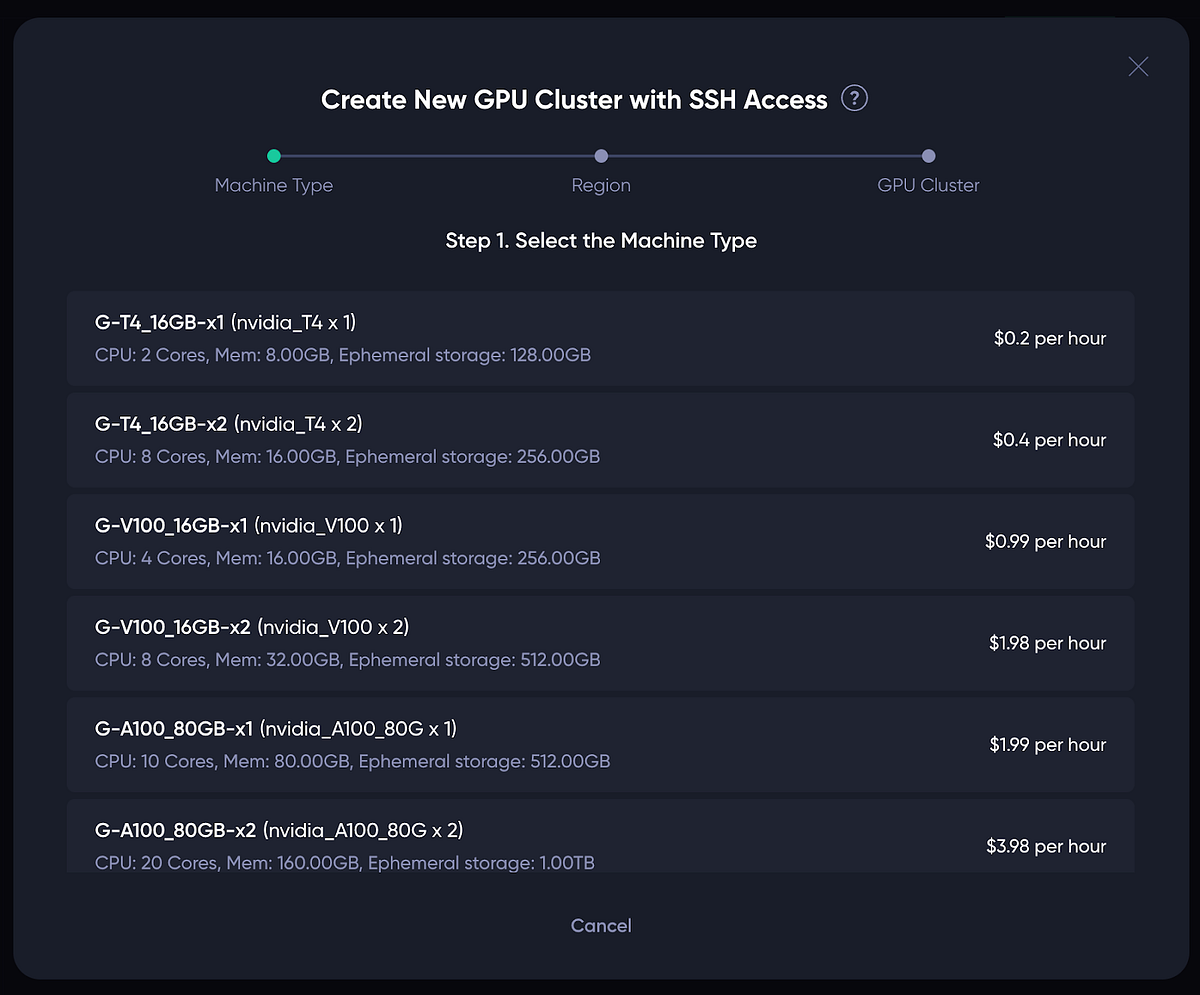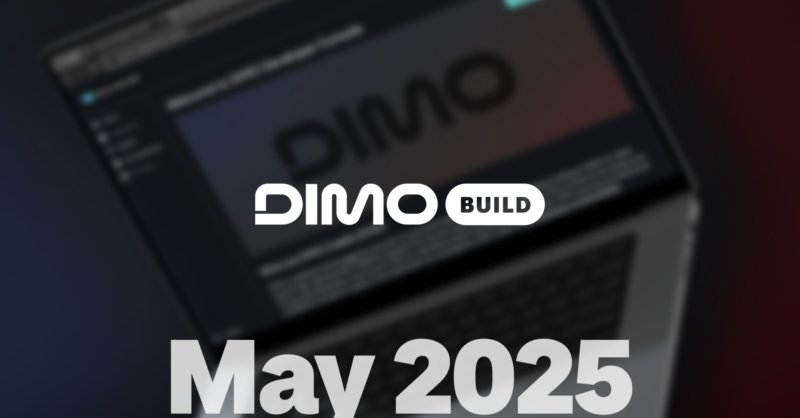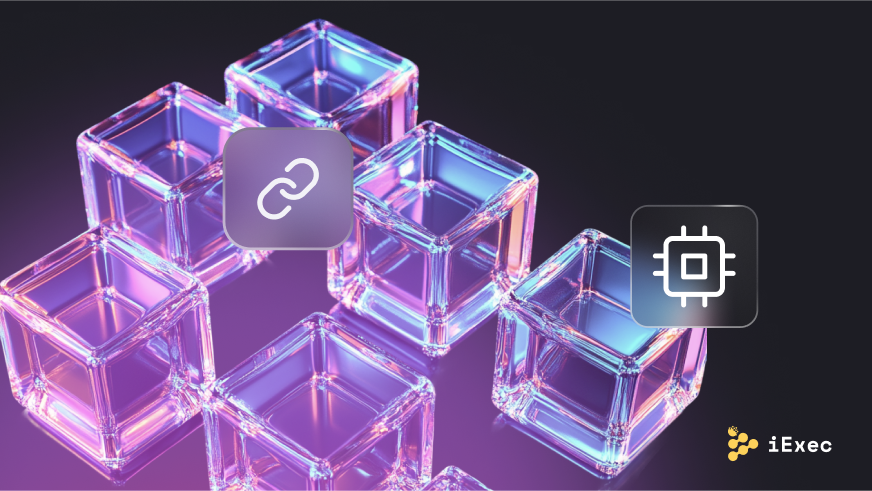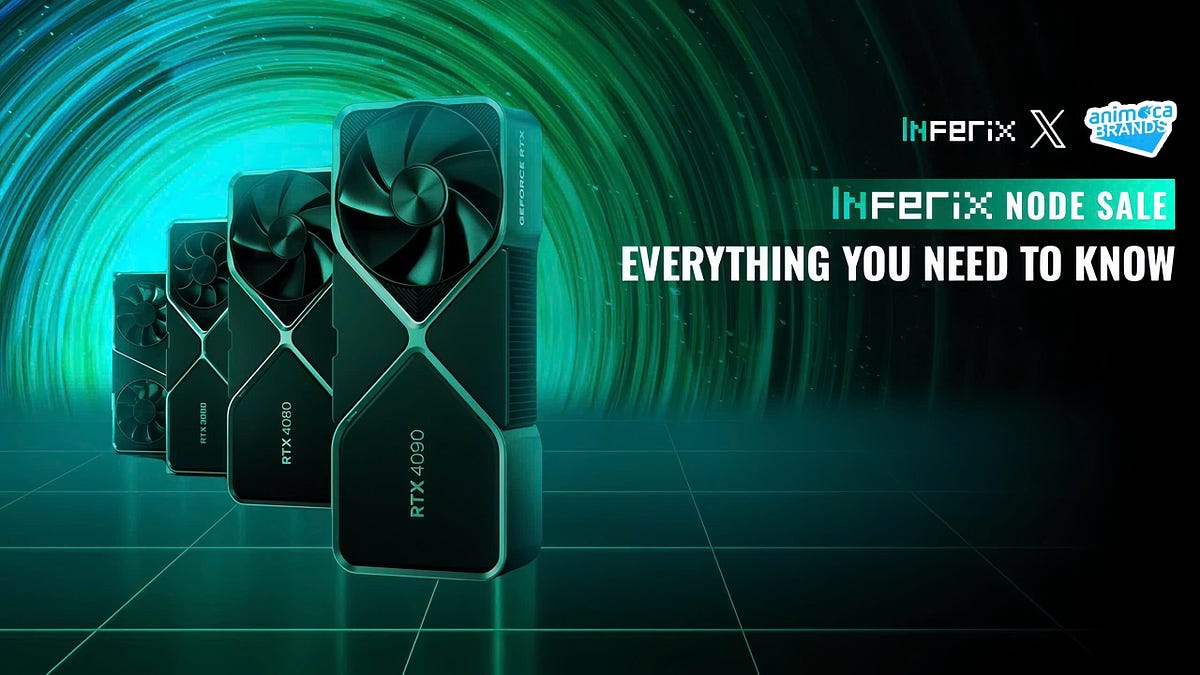iExec Launches Hello World Tutorial for Building Privacy-First dApps
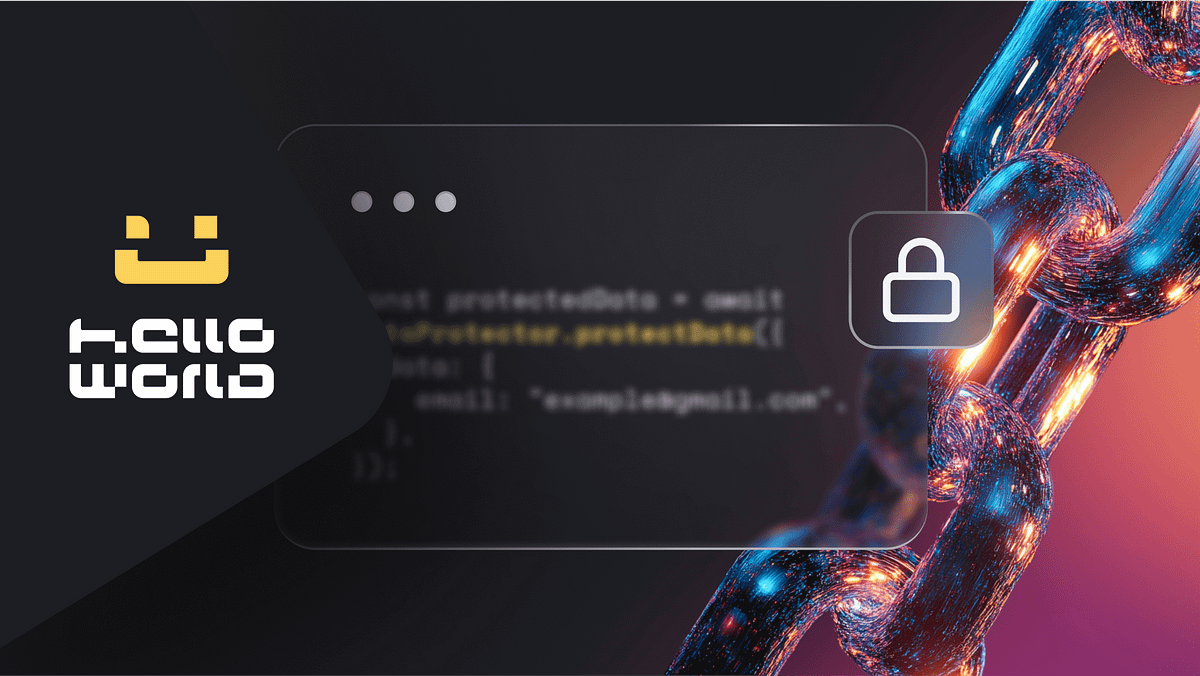
Building decentralized applications (dApps) can often feel overwhelming, but iExec’s Hello World tutorial simplifies the process for developers at all levels. This hands-on guide focuses on creating privacy-first blockchain applications, emphasizing the importance of data protection, management, and sharing. By utilizing tools like the DataProtector SDK and iExec Apps (iApps), developers can learn to build applications that prioritize user control and data security in just 30 minutes.
The iExec platform is designed for developers who want to ensure privacy and security in their dApps. With features like the DataProtector SDK, developers can encrypt sensitive data throughout its lifecycle, while iExec Apps utilize Trusted Execution Environments (TEEs) to process data securely. This combination of blockchain technology and Confidential Computing allows for secure handling of sensitive information, making it ideal for applications in sectors such as healthcare and finance. Additionally, iExec provides monetization opportunities, enabling developers to tokenize and monetize their data while maintaining security for both builders and end-users.
iExec Hello World serves as a stepping stone for developers looking to create impactful decentralized applications. After completing the tutorial, participants can claim a BUILD voucher to access advanced tools and resources, join the iExec developer community for collaboration, and explore real-world use cases. The structured approach provided by iExec ensures that building privacy-first dApps is not only achievable but also rewarding, empowering developers to protect sensitive data and create innovative solutions in the blockchain space.
Related News
